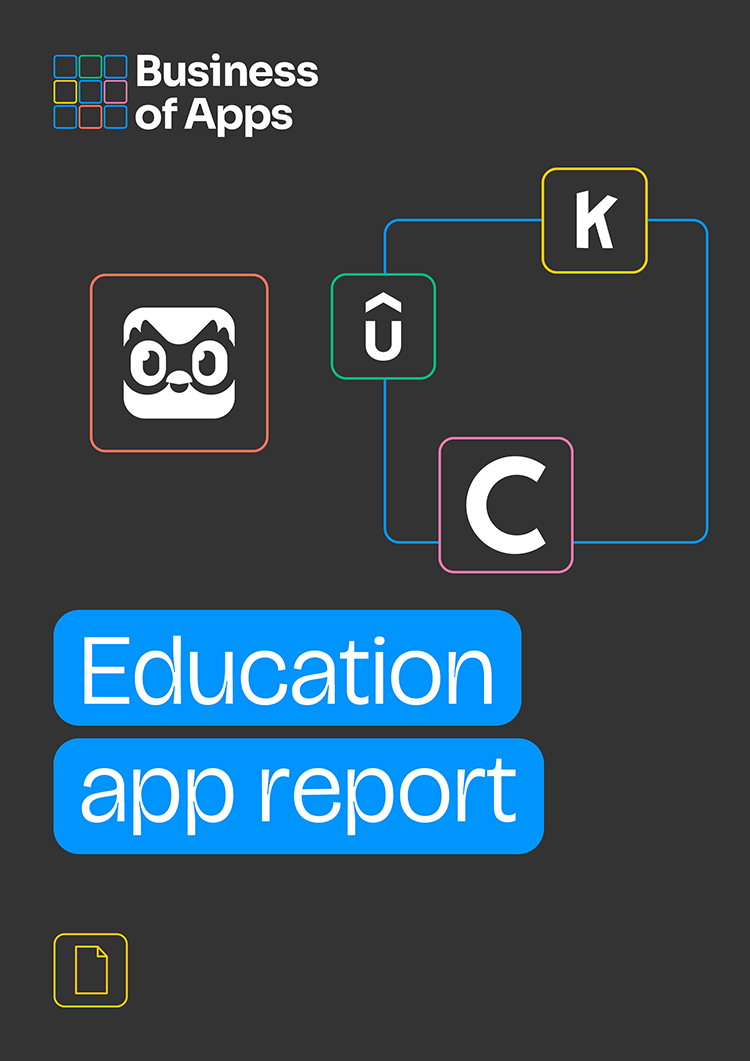Insightful Chronicles
Exploring the world through news and stories.
Apps That Turn Learning Into a Game-Changer
Discover revolutionary apps that transform education into an exciting adventure and boost your learning like never before!
10 Game-Changing Apps That Make Learning Fun and Engaging
In today's digital age, learning has transformed significantly, thanks to innovative technology. Here are 10 game-changing apps that make learning fun and engaging for students of all ages:
- Kahoot! - This interactive quiz platform turns learning into a competitive game.
- Duolingo - Offers bite-sized lessons in various languages, making language learning both effective and enjoyable.
- Quizlet - Helps with memorization through flashcards and games.
- Prodigy - Engages students in math through a role-playing game format.
- Codecademy - Teaches coding through hands-on, interactive programming exercises.
- Scratch - A visual programming language that makes coding accessible for children.
- Google Classroom - Streamlines the learning process through organization and collaboration tools.
- Edmodo - A social learning platform that connects teachers, students, and parents.
- Book Creator - Empowers students to create their own digital books.
- Seesaw - Provides a platform for students to document and share their learning experiences.
These game-changing apps not only make education more accessible but also promote creativity and collaboration among learners. By integrating technology into the classroom or home learning environments, these tools foster a unique experience that keeps students motivated and engaged. Embrace these innovative resources to transform the learning experience and help students thrive in a digital world.

How Gamification in Education is Revolutionizing Learning
Gamification in education is transforming traditional learning methods by integrating game-like elements into educational practices. This innovative approach not only engages students but also enhances their motivation and retention of information. Through the use of points, badges, and leaderboards, educators can create a dynamic learning environment that encourages competition and collaboration among students. Research shows that when learners are given the opportunity to earn rewards for their achievements, their enthusiasm for the subject matter increases significantly.
Moreover, the implementation of gamification in education fosters a sense of belonging and community among learners. As students progress through levels and share their accomplishments, they form connections with their peers, leading to improved social interactions. This collaborative atmosphere allows learners to develop critical thinking skills and problem-solving abilities as they tackle challenges together. In summary, gamification is revolutionizing learning by making education not just informative, but also immersive and enjoyable, paving the way for a new era in teaching and curriculum development.
Are Educational Apps the Future of Effective Learning?
In today's digital age, the rise of educational apps has transformed the landscape of learning, making it more accessible and personalized than ever before. These tools leverage technology to cater to individual learning styles, allowing students to engage with materials in a format that suits them best. By incorporating gamified elements, interactive quizzes, and multimedia resources, educational apps provide a dynamic learning experience that traditional methods often lack. As we move forward, embracing these innovations may not just be beneficial, but essential for fostering effective learning.
Moreover, the flexibility offered by educational apps means that learners can study at their own pace, whether at home or on the go. This adaptability not only enhances retention but also empowers students by giving them greater control over their education. As the reliance on technology continues to grow, it is likely that the integration of these apps into the classroom will further bridge the gap between conventional teaching methodologies and modern learning preferences. Hence, it is crucial for educators to explore and implement these resources to maximize their students' potential.